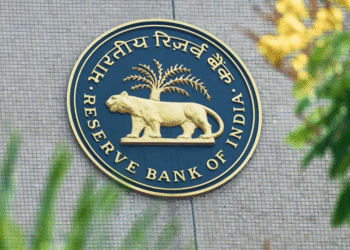Athira Sethu
Kochi, 15 Sep 2025
On Friday, India’s market regulator, the Securities and Exchange Board of India (SEBI), brought in some key changes to simplify and make investment in India more appealing, particularly for big firms and foreign investors.
Relaxed IPO Rules for Large Companies
One of the key changes is in Initial Public Offerings (IPOs). SEBI has eased the process of listing shares of very large firms on the stock exchange. Previously, large corporations used to have to offer a significant percentage of their shares in an IPO. Nowadays, corporations have the option to list by offering merely 2.5% of their post-issue market value. Corporations have up to 10 years to achieve the condition of having 25% of their shares floating in the public.
This shift is intended to assist big firms in raising capital without having to sell so many shares at a time, thus influencing their share price.
Changes in Governance and Management Roles
SEBI has also made changes to how companies are managed. They’ve now defined the roles of top managers and key personnel in a company. The goal is to improve the way stock exchanges are run, with two executive directors now required to be on the governing boards of market infrastructure institutions. This is part of SEBI’s broader effort to improve governance and transparency in Indian markets.
Simplified Access for Foreign Investors
Foreign investors, particularly government-supported ones, are now easier to invest in Indian markets. SEBI has come up with a “single-window clearance system” that speeds up and simplifies the process. This is likely to bring more overseas investments, particularly after foreign investors have been withdrawing funds from India because of reasons such as high U.S. tariffs and weak corporate earnings.
Reforms in Mutual Fund and Derivatives Trading
SEBI is also making mutual funds more attractive by lowering the exit load (the fee paid when withdrawing money) from 5% to 3%. This is part of their effort to promote financial inclusion and bring in more investors from smaller cities and women. Additionally, SEBI is considering longer durations for derivatives (financial contracts based on the value of an asset) to make them more appealing.
Simplifying Rules for Small Transactions
For lesser deals between related entities, SEBI has simplified disclosure and approval regulations. This is to promote transparency and avoid overloading the companies with small transactions.
These reforms are one of the initiatives of SEBI in making Indian markets accessible, transparent, and competitive for both local and foreign investors. By easing IPO regulations, streamlining compliance for foreign investors, and enhancing governance standards, SEBI aims to attract more investments, especially at a time when outflows from India have been increasing. These reforms are considered a move towards making India a competitive and open market in the world.





















